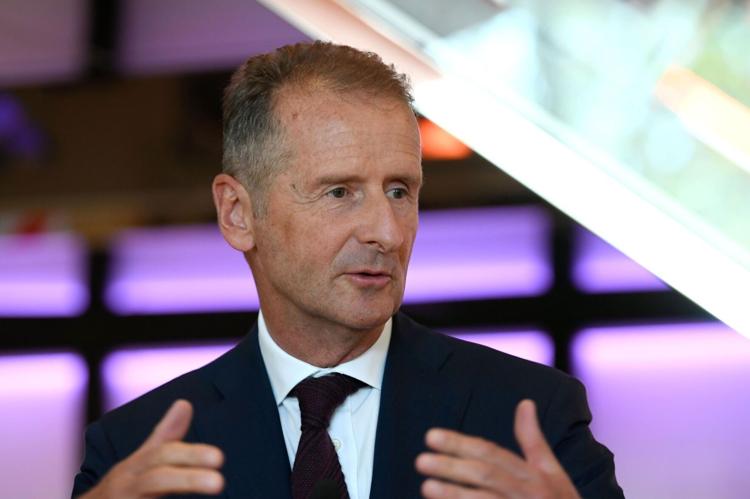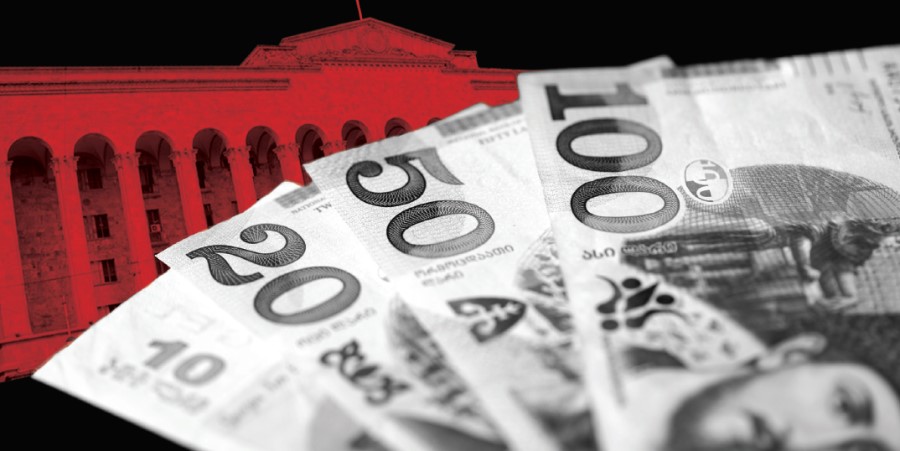A big week for earnings, including reports from Amazon and Alphabet, stimulus negotiations in Washington and the first jobs report of 2021 will all be major events to watch in the coming week, but they are likely to be overshadowed by the standoff between retail investors and Wall Street hedge funds. Investors will be watching closely to see if the short squeezes driven by retail investors continue in what could be a bumpy week for stocks. Here’s what you need to know to start your week.
The big squeeze
Last week saw retail investors using Robinhood and other apps drive a frenzied rally in shares of GameStop, AMC and other companies championed on social media platforms including Reddit’s WallStreetBets, that had been heavily shorted by hedge funds.
U.S. stock indexes suffered their biggest weekly fall since late October as the short squeezes saw hedge funds sell stocks to cover their losses, despite positive earnings results from market heavyweights like Apple and Microsoft.
Some market watchers are concerned that the wild rally may be a fresh sign of overexuberance that could foreshadow volatility for the broader stock market, while others believe it is more of a sideshow.
Earnings
With quarterly earnings season in full swing, market participants are looking at whether companies can justify high valuations.
Tech giants Alphabet and Amazon are both due to report after the market close on Tuesday, followed by Qualcomm, Snap and Pinterest later in the week.
Some big names in the closely watched healthcare sector are also to report, including Pfizer, GlaxoSmithKline, AbbVie, Biogen, Gilead Sciences, Merck and Bristol-Myers Squibb.
January jobs report
The January nonfarm payrolls report will give markets the first look at the health of the labor market inherited by U.S. President Joe Biden.
The report is expected to show a slight uptick in hiring after the economy shed 140,000 jobs in December (mostly from restaurants and bars), but more substantial improvements are unlikely to come until there is a broader re-opening of the economy. The unemployment rate is expected to remain unchanged at 6.7% – almost twice the level that it was just prior to the pandemic.
Federal Reserve Chairman Jerome Powell last week said that the economic recovery hinges on the progress of the vaccination rollout. “There’s nothing more important to the economy than people getting vaccinated,” Powell said.
Stimulus hopes
The Democratic-led U.S. Senate and House of Representatives are set to take their first steps toward delivering fresh financial relief to families and businesses affected by the pandemic that has killed more than 433,000 Americans.
The Senate is to begin work on legislation this week, despite misgivings among Republicans and some Democrats about the size of President Biden’s proposed $1.9 trillion packages.
Biden said on Friday that Congress needs to take immediate action, adding that most economists believe additional economic stimulus is needed.
The president also said he supported passing COVID-19 relief with or without Republican help.
U.S. national debt ballooned 40% under Donald Trump and expectations for more stimulus were among factors that recently pushed Treasury yields to 10-month highs.
Fed speak
There is a flurry of Fed speakers set to make appearances to discuss the labor market and the economy in the coming week.
Atlanta Fed President Raphael Bostic and Boston Fed head Eric Rosengren will speak on Monday, while New York Fed President John Williams and Cleveland Fed President Loretta Mester are due to deliver remarks on Tuesday.
On Thursday, St. Louis Fed President James Bullard, Philadelphia Fed chief Patrick Harker, Cleveland Fed’s Mester and Chicago Fed President Charles Evans are scheduled to appear.












